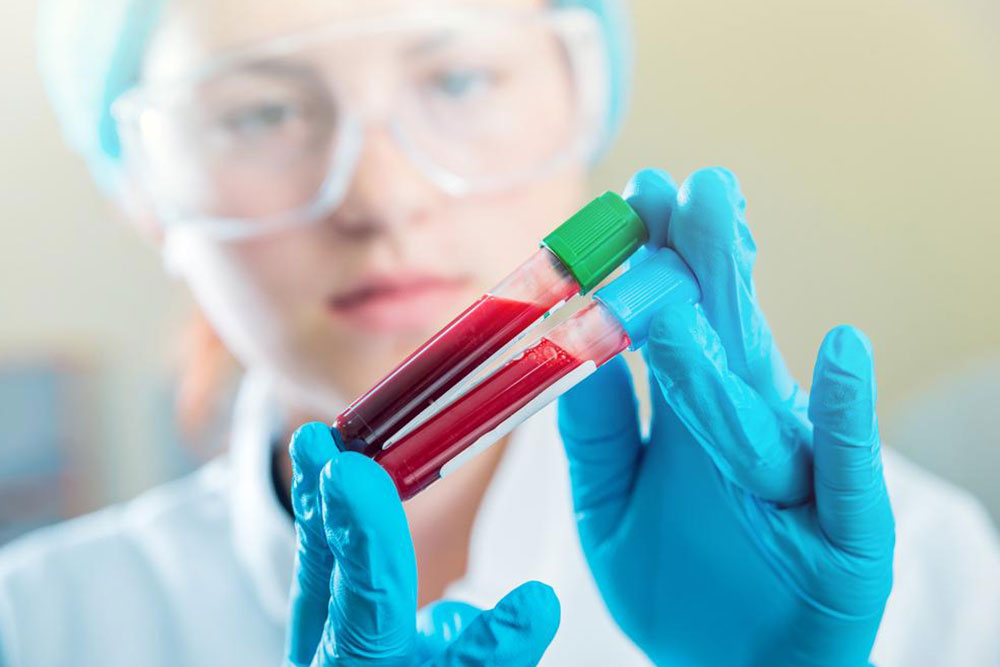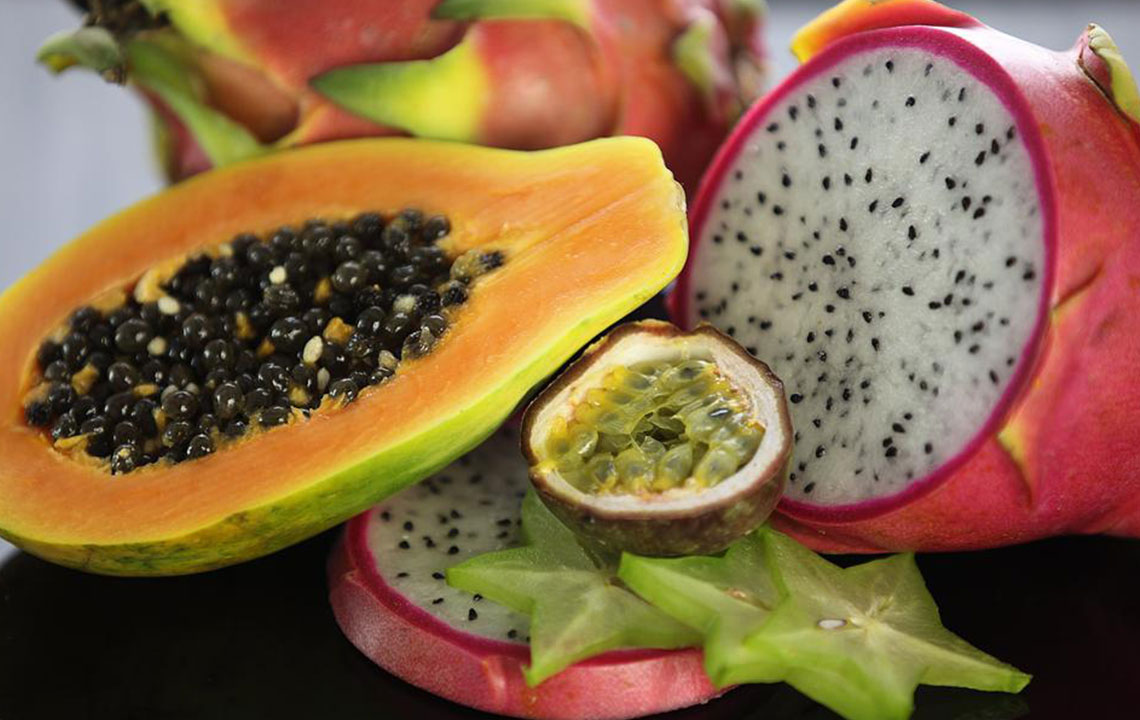Comprehensive Dietary and Herbal Approaches to Reduce Creatinine Levels and Support Kidney Health
This comprehensive article explores effective dietary and herbal strategies to lower blood creatinine levels and promote kidney health. It covers the formation of creatinine, its significance as a kidney health indicator, and practical tips for dietary adjustments, herbal remedies, and lifestyle changes. By understanding how to manage creatinine levels naturally, individuals can support renal function, prevent kidney-related diseases, and improve overall well-being. Regular monitoring and personalized approaches are emphasized for optimal results.

Comprehensive Dietary and Herbal Approaches to Reduce Creatinine Levels and Support Kidney Health
Creatinine is a metabolic waste product produced during muscle activity, predominantly eliminated through renal function. Maintaining optimal kidney health is essential for regulating creatinine levels and preventing its dangerous buildup, which can signal underlying health issues. Elevated creatinine levels are often associated with impaired kidney function and can lead to serious health complications if not managed effectively. This article explores the causes of creatinine formation, how to properly assess its levels, and comprehensive dietary and herbal strategies aimed at reducing creatinine in the blood, thereby supporting overall renal health and preventing related diseases.
Understanding Creatinine: Formation and Significance
Creatinine forms as a byproduct of amino acid metabolism, primarily involving methionine, glycine, and other amino acids processed in the kidneys. The process begins with the creation of guanidinoacetate in the kidneys, which is then transported to the liver where it is converted into creatine—an important energy-storage molecule in muscles. During muscle activity, creatine is metabolized into creatinine, which is then transported via the bloodstream to the kidneys for excretion. The balance of creatinine levels in the blood and urine is a crucial indicator of kidney function and overall health.
Measuring creatinine in urine and blood samples provides vital insights into renal health. Typically, urine creatinine levels are higher than blood because kidneys effectively filter out creatinine. Normal blood creatinine values vary based on age, gender, and muscle mass:
Men: 0.6 to 1.2 mg/dL
Women: 0.5 to 1.1 mg/dL
Higher muscle mass, common in men, correlates with naturally higher creatinine levels. This variation underscores the importance of personalized health evaluations when interpreting creatinine results.
Kidney Function and the Perils of Elevated Creatinine
The kidneys play a central role in filtering waste products, including creatinine. When kidney function declines, waste substances, particularly creatinine, begin to accumulate in the bloodstream, leading to serious health risks such as uremia—a condition characterized by high toxin levels in the blood. Chronic high creatinine levels often indicate ongoing kidney damage or disease, which necessitates prompt intervention.
For those with significantly compromised kidney function, dialysis might be required to filter waste directly from the blood. However, for most individuals with mild to moderate elevations in creatinine, lifestyle changes and dietary modifications can significantly help in lowering these levels and promoting kidney health.
Key Approaches to Lowering Creatinine LevelsAdjusting Exercise Routines
High-intensity physical activity and strenuous workouts increase muscle metabolism, temporarily raising creatinine levels. Switching to moderate, consistent exercise such as brisk walking, swimming, or yoga can help manage creatinine without overloading the kidneys.
Avoiding Vanadium Supplements
While vanadium supplements are sometimes used to improve blood sugar control in diabetes, they may inadvertently elevate creatinine levels. People concerned about kidney health should limit or avoid using vanadium supplements unless recommended by a healthcare professional.
Reducing Dietary Intake of Protein-Rich Animal Foods
Red meats, dairy products, and processed foods contain high levels of protein, which can lead to increased amino acid breakdown and creatinine production. Cooking meats breaks down amino acids into creatinine, so moderating consumption of red meats, processed meats, and full-fat dairy can effectively reduce blood creatinine levels.
Avoiding Creatine Supplements
Creatine supplements, popular among athletes and fitness enthusiasts, can increase creatinine levels since they are directly linked to the body's creatine pool. Those with kidney concerns should avoid these supplements to prevent additional stress on renal functions.
Limiting Sodium, Phosphorus, and Potassium-Rich Foods
Foods high in salts and minerals such as shellfish, nuts, soy products, bananas, and leafy greens impose additional burden on the kidneys. Reducing intake of these foods can alleviate renal workload and improve creatinine clearance.
Eating Kidney-Friendly and Vitamin C-Rich Foods
Incorporate foods that support kidney health, such as citrus fruits, strawberries, bell peppers, and cauliflower. These are rich in vitamin C, which has antioxidant properties that promote renal function. Replacing red meats with lean, grass-fed options and consuming fresh smoothies can also support detoxification pathways.
Herbal Remedies and Natural Support for Kidney Function
Salvia (Sage)
Salvia may enhance kidney filtration efficiency and facilitate waste elimination through its anti-inflammatory and diuretic properties.
Nettle Leaf
Herbal teas made from nettle leaves are traditionally used to promote urine flow, support detoxification, and reduce creatinine levels naturally.
Chamomile
Known for its calming effects, chamomile tea can also aid in reducing creatinine levels and combat inflammation in kidney tissues.
Siberian Ginseng
This adaptogenic herb can improve kidney circulation and support the body's natural waste removal processes.
Dandelion Root
Steeped in hot water, dandelion root acts as a diuretic, helping to flush toxins like creatinine from the system and support renal cleansing.
Cinnamon
Incorporating cinnamon into daily meals can improve blood sugar regulation, enhance kidney filtration, and provide anti-inflammatory benefits essential for kidney health.
Implementing these dietary modifications, herbal supplements, and lifestyle practices can substantially lower blood creatinine levels, supporting healthier kidney function. Regular monitoring of kidney health and creatinine levels is recommended to track progress and adjust strategies accordingly.





